The August Revolution and National Day on September 2nd not only opened a new era of national independence, but also gave birth to modern Vietnamese diplomacy . Over the past 80 years, while the world has witnessed unprecedented changes, Vietnam has used culture and soft power as "extended arms" in building the country's image and positioning the country on the world map.
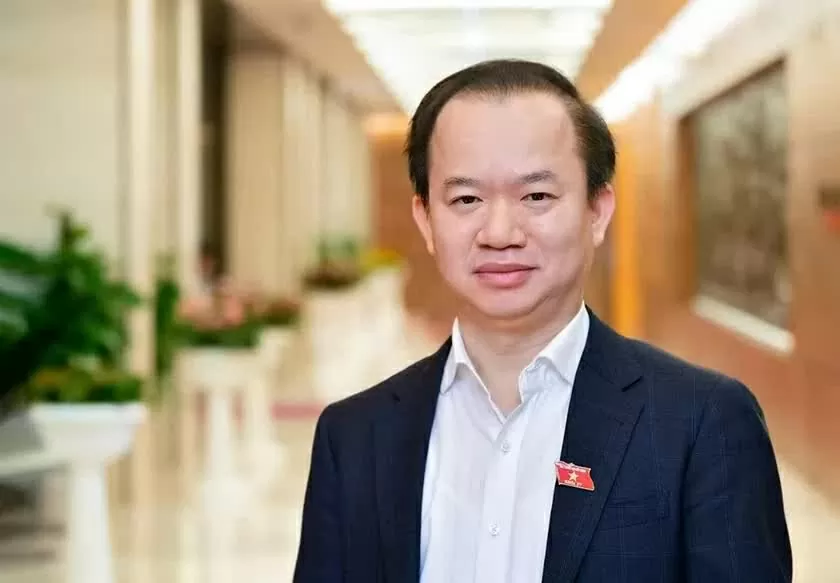 |
| National Assembly Delegate Bui Hoai Son. (Photo courtesy of NVCC) |
August Revolution - The beginning of a diplomacy for independence and peace
In August 1945, with ardent patriotism and a burning desire for an independent nation, the Vietnamese people under the leadership of the Party made a revolution that "shocked the world". Not only did they regain power from the colonialists and fascists, the August Revolution also gave birth to the Democratic Republic of Vietnam - the first worker-peasant state in Southeast Asia, marking a turning point opening a new era: the era of independence, freedom and integration.
Immediately after that, on September 2, 1945, at the historic Ba Dinh Square, President Ho Chi Minh read the Declaration of Independence, affirming the independence of the Vietnamese people before the whole world. But not only stopping at establishing national sovereignty , the Declaration also opened a diplomatic ideology full of humanity and peace, crystallized from the thousand-year-old cultural tradition and wisdom of a peace-loving nation.
From that moment on, Vietnamese diplomacy was not only a tool of politics and security but also a living embodiment of culture, morality and national identity. Culture did not come after politics but was the foundation for building trust, for spreading the Vietnamese message in a sustainable and emotional way.
| “Culture becomes a 'second passport' so that every Vietnamese person, every Vietnamese creative product, every festival, every folk song, every traditional dish can cross territorial boundaries and touch the hearts of friends around the world.” |
Therefore, from the early days of the young government, President Ho Chi Minh clearly established the role of culture in diplomacy: "Wanting to be friends with all democratic countries and not creating enmity with anyone". From the roots of that humanistic tradition, Vietnam has persistently built the image of a nation that loves peace, respects itself and is responsible to the international community.
What is special about Vietnam is that diplomacy is not only the work of diplomats; it is also poems, folk songs, ao dai, bowls of pho and Vietnamese smiles. Culture is the first bridge to touch the hearts of friends around the world, the door that opens to understanding and empathy.
After 80 years since that historic Autumn, looking back at the journey of building the national image, it can be affirmed that: Culture as soft power is not only a component of diplomatic strategy, but also a pillar of Vietnam's position and power in the era of globalization.
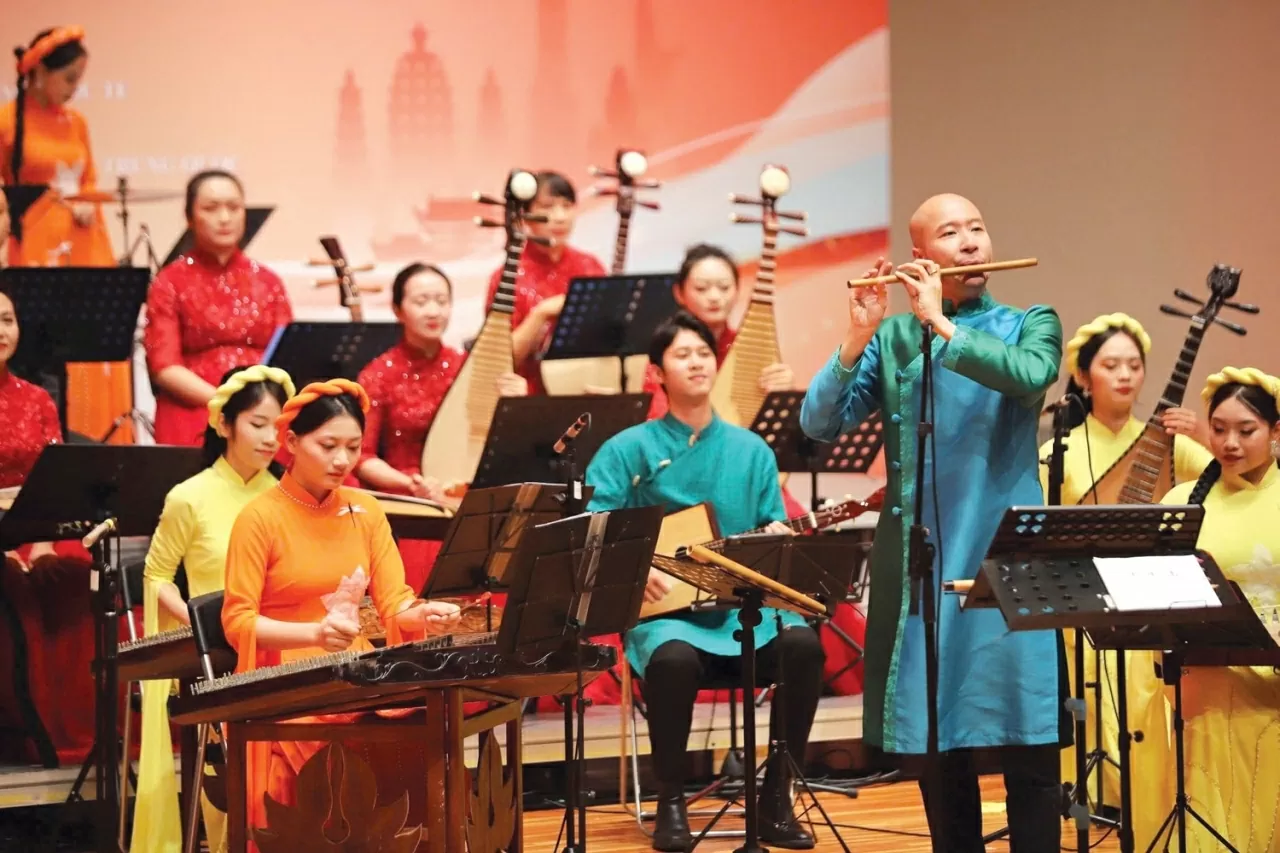 |
| Vietnamese artists perform at the Vietnam Culture - Tourism Festival in Yunnan, China, November 2024. (Source: icd.gov.vn) |
The lasting pillar of national image
In an increasingly flat world, where physical borders are gradually becoming blurred by the wave of globalization and digital transformation, culture as soft power has emerged as one of the core factors in establishing the image and position of each country. It is no coincidence that international scholars increasingly talk about “soft power” as a new form of power that does not require guns or bullets, does not cause damage, but has the ability to win people’s hearts, build trust and arouse admiration from the international community.
For Vietnam - a country that has gone through war, culture has become the most sustainable and emotional way to affirm identity, spread good values and establish a humane, confident, modern and responsible national image.
From the very beginning, President Ho Chi Minh clearly identified that culture is not only the spiritual foundation of society, but also one of the three pillars of national strength, along with politics and economics. In particular, he emphasized that: "Culture must light the way for the nation to go", that path is not only the path of internal development, but also the path of integration with the world, a journey to the open sea with a spirit of equality, confidence and brilliance.
In that journey, culture becomes a “second passport” so that every Vietnamese person, every Vietnamese creative product, every festival, every folk song, every traditional dish can cross territorial boundaries and touch the hearts of friends around the world.
| "Vietnam's soft power today is not only built from official campaigns, but also comes from millions of ordinary people - 'stateless ambassadors' who are spreading Vietnamese culture through each TikTok video, each tourism startup project, each street food, each Vietnamese language class in Europe, each photo shoot in Ao Dai in the old quarter of Paris or Kyoto". |
Vietnamese culture is a treasure trove of thousands of years of history, crystallized in the life, customs, language, beliefs, art and even in the loyal, moral and peace-loving lifestyle of the Vietnamese people.
It is the beauty of the traditional ao dai proudly displayed on international stages; the sound of the monochord resounding at the United Nations; pho, banh mi, and egg coffee honored in prestigious global culinary rankings; the art of Quan Ho, Vi Giam, and Ca Tru singing recognized by UNESCO as intangible heritage; thousands of ancient pagodas, communal houses, old streets, and historical relics spread across the three regions of the country...
All of these make up an invaluable soft resource, always ready to transform into real power if properly perceived and invested in.
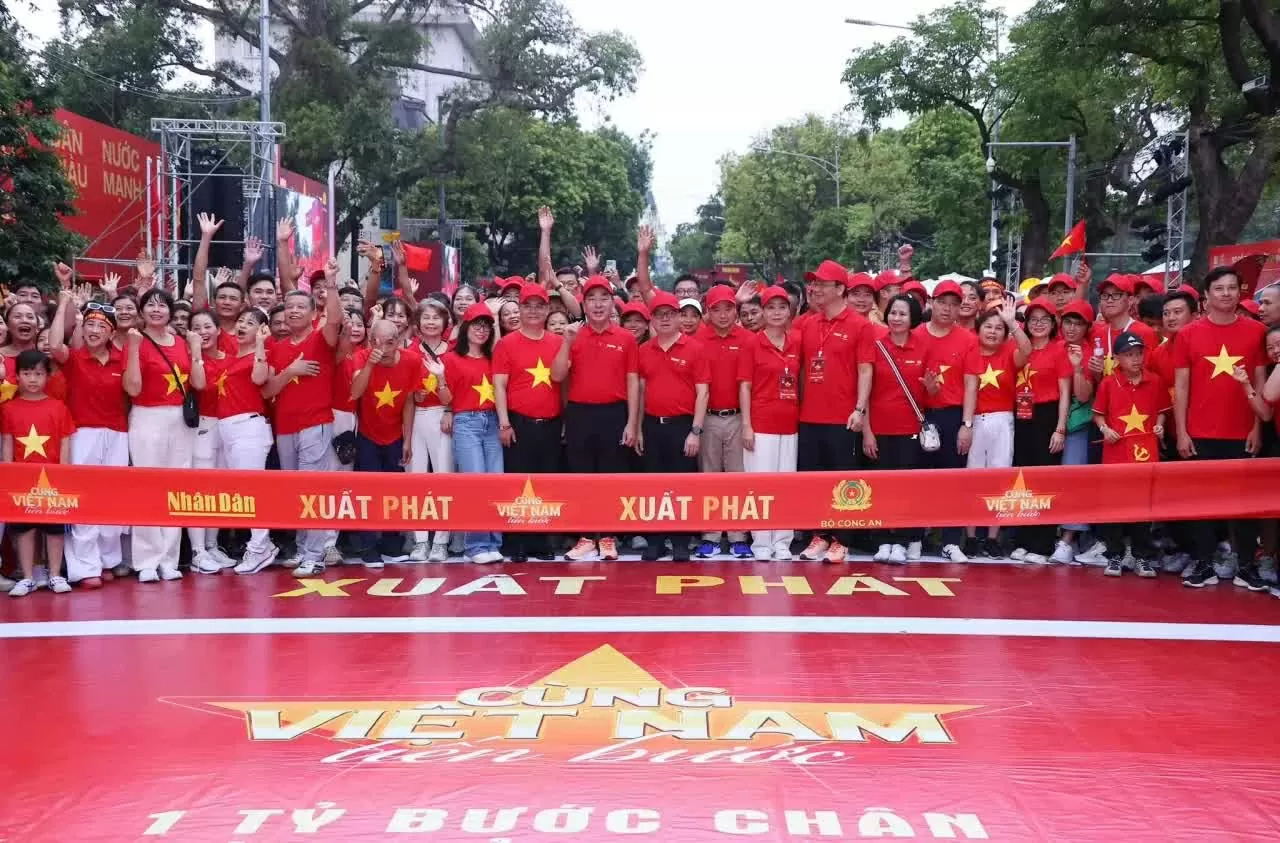 |
| More than 1 million people participated in the "Moving Forward with Vietnam" walk in Hanoi and 33 provinces and cities, 3,121 communes, wards and special zones. (Photo: Thanh Dat) |
From that awareness, Vietnam has gradually made culture an important element in its foreign policy. Cultural diplomacy has gradually taken shape as an independent strategy, implemented synchronously and increasingly professionally.
Over the years, Vietnam has successfully organized many cultural weeks in dozens of countries, expanded its network of cultural centers abroad, and sent art troupes, chefs, designers, musicians, and athletes to exchange, perform, and participate in international events. Major events such as APEC 2017, Vesak 2019 and 2025, and SEA Games 31 are not only diplomatic milestones, but also stages for Vietnamese culture to shine. A series of cultural products from cinema, music, tourism to fashion and fine arts have reached regional and international markets, contributing to improving Vietnam's soft influence index in global rankings.
More importantly, Vietnam's soft power today is not only built from official campaigns, but also comes from millions of ordinary people - "stateless ambassadors" who are spreading Vietnamese culture through each TikTok video, each tourism startup project, each street food, each Vietnamese language class in Europe, each photo shoot in Ao Dai in the old quarter of Paris or Kyoto.
They are the Gen Z youth who brought water puppetry to YouTube; the independent artists who brought modern folk music arrangements to conquer Asian stages; the overseas Vietnamese intellectuals who opened spaces for cultural exchange in foreign lands. Culture is no longer contained within the doors of museums, not only present in formal exhibitions, but has entered digital life, into the vibrant, close, attractive and connected pace of globalization.
All of that shows that Vietnam is gradually affirming that culture is not only a "foundation", but also a "name" for the world to remember and admire. Soft power, if promoted at the right time and in the right way, will become a "power without guns".
Thereby, helping Vietnam not only integrate but also shape common values, not only be present but also spread, not only be a learner but also an inspiration in the international community. Culture is the source of vitality and attraction of Vietnam in today's era of deep integration.
Source: https://baoquocte.vn/duong-bien-moi-cua-ngoai-giao-viet-nam-324903.html




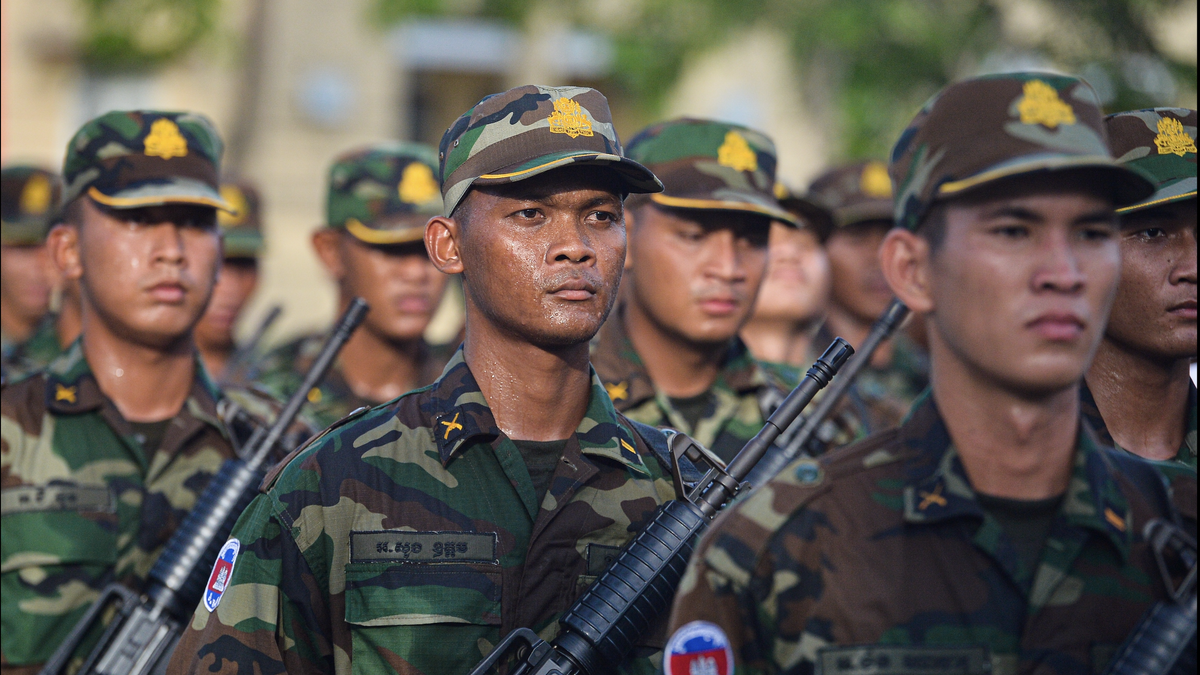
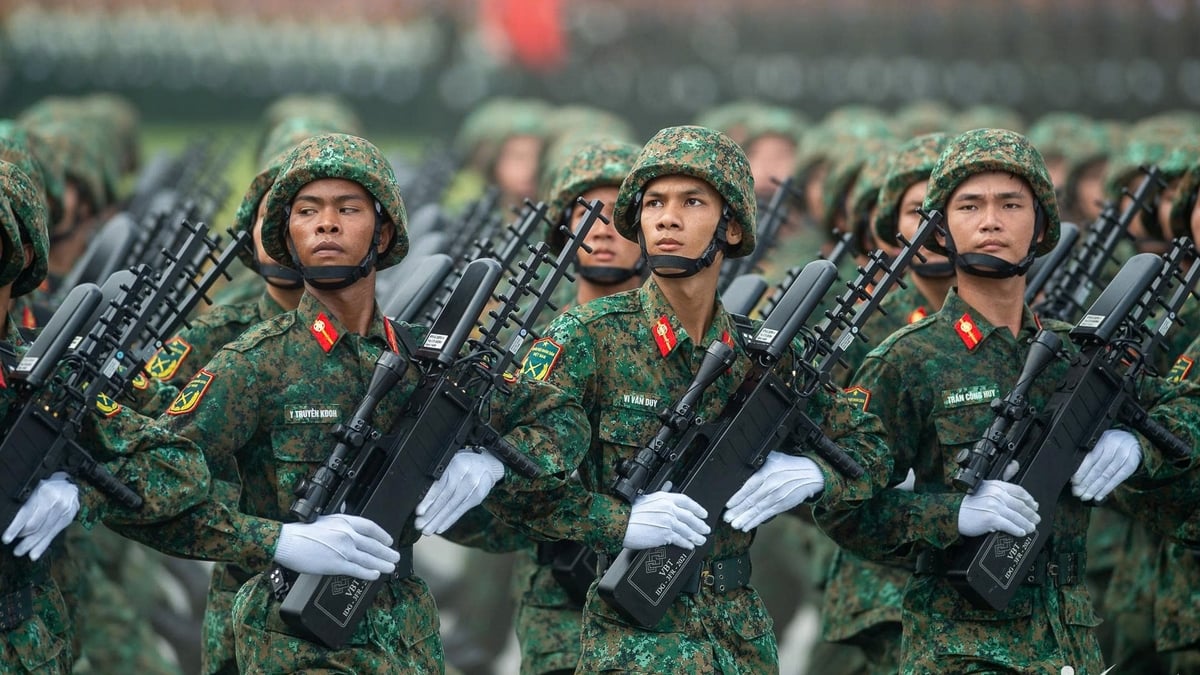







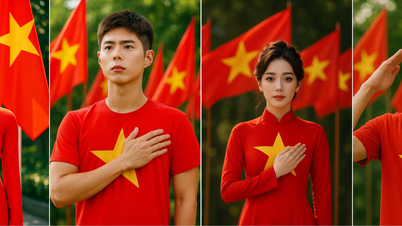

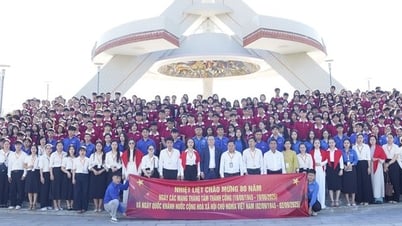

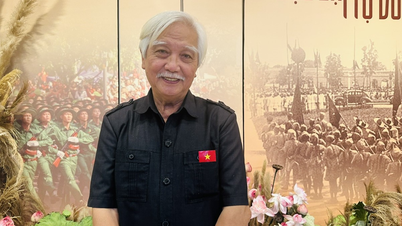

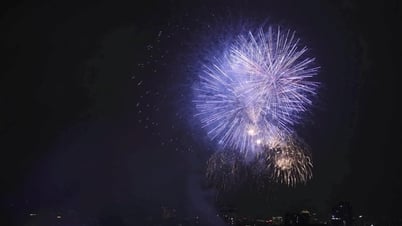

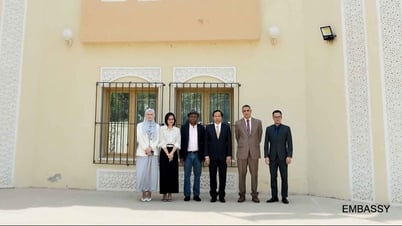
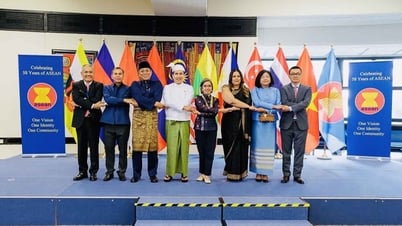
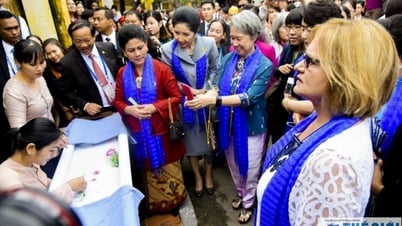
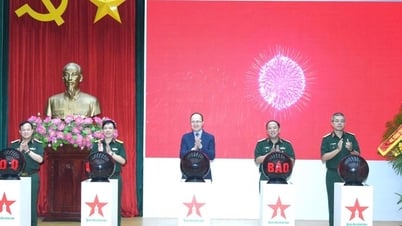

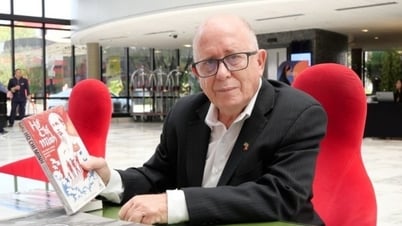

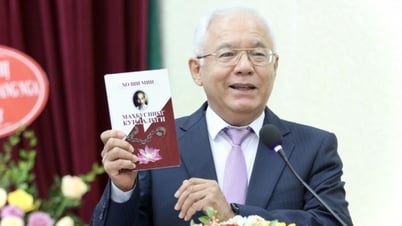





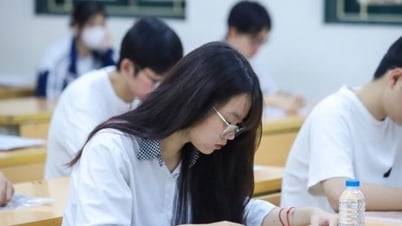
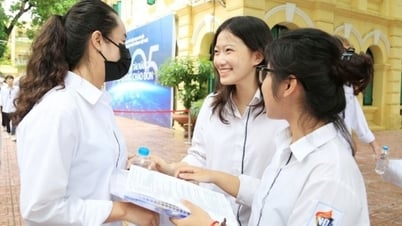
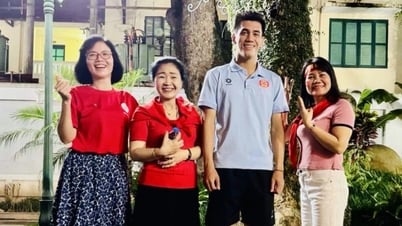
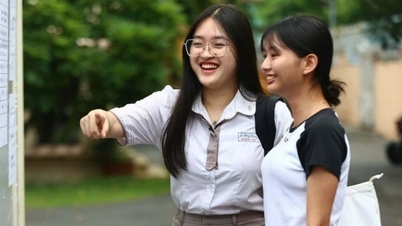
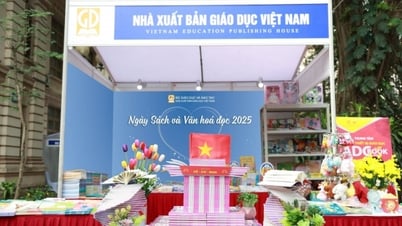
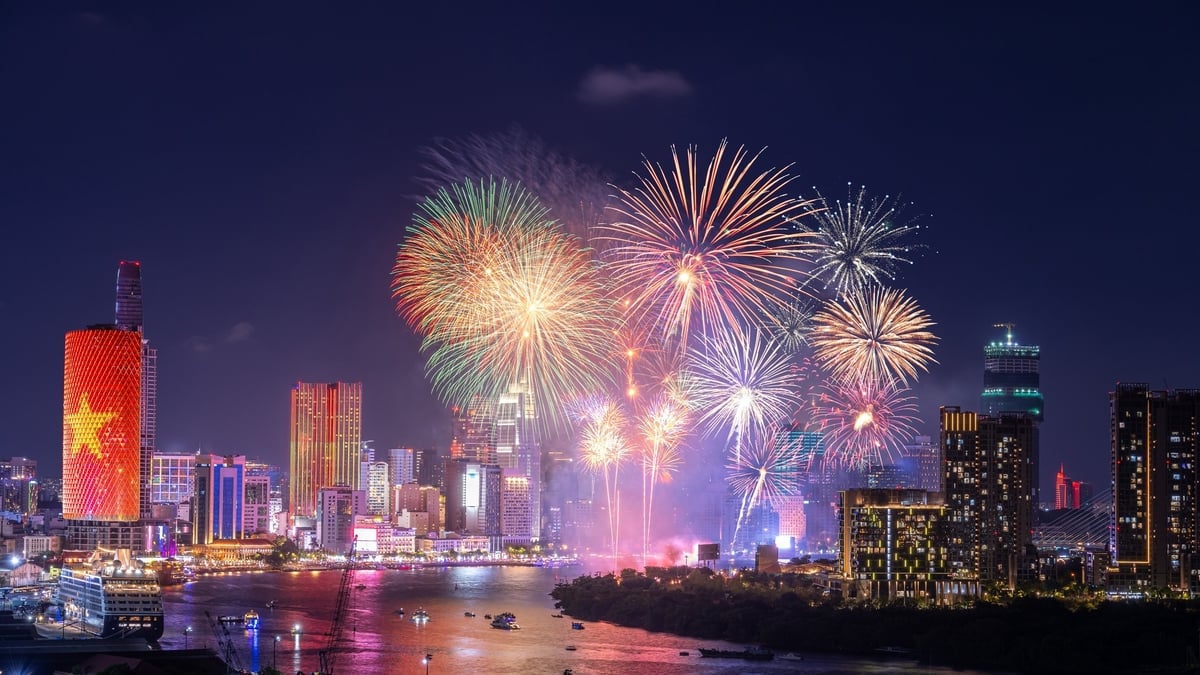
![[Photo] President Luong Cuong attends special political-artistic television show "Golden Opportunity"](https://vphoto.vietnam.vn/thumb/1200x675/vietnam/resource/IMAGE/2025/8/22/44ca13c28fa7476796f9aa3618ff74c4)

















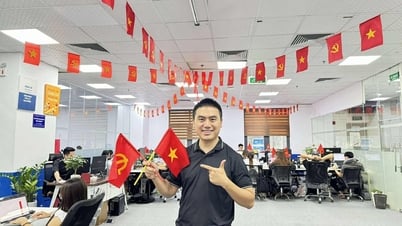











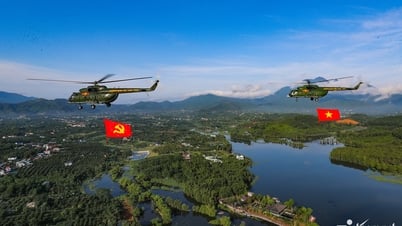

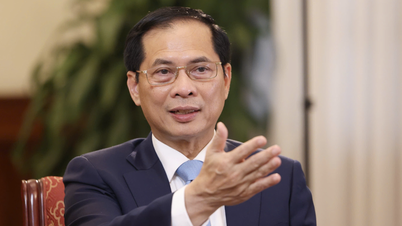
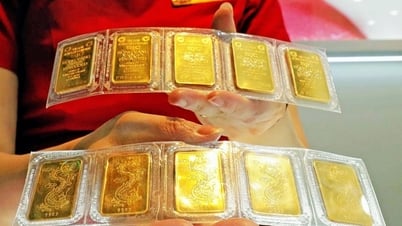
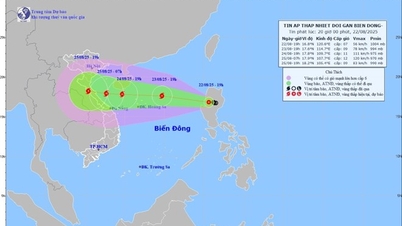

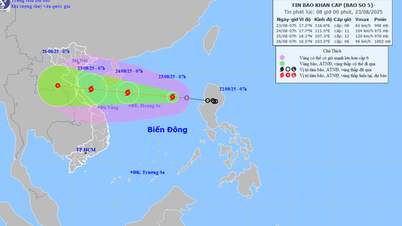

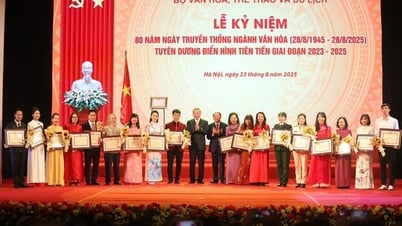


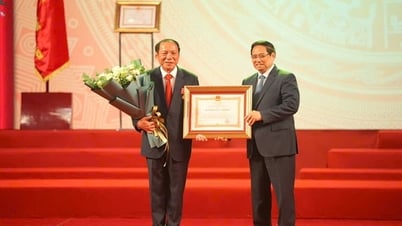

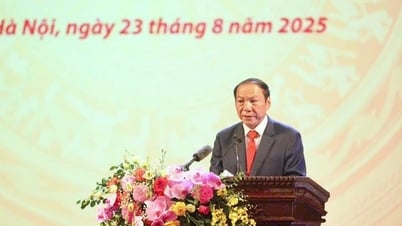


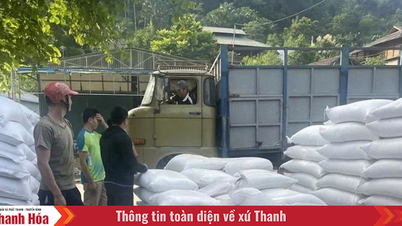

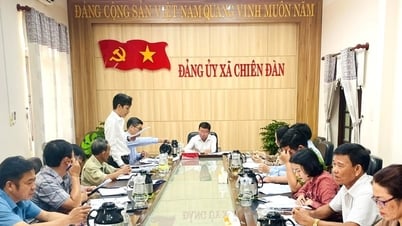

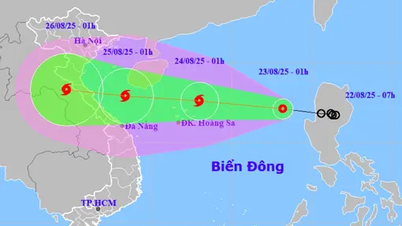

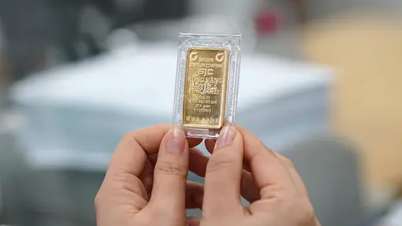
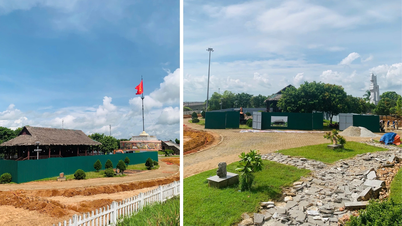







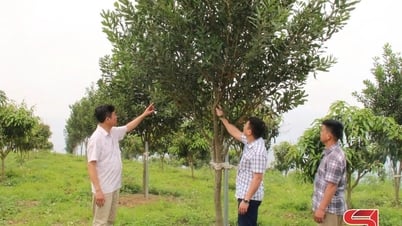

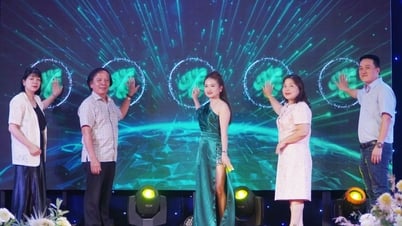




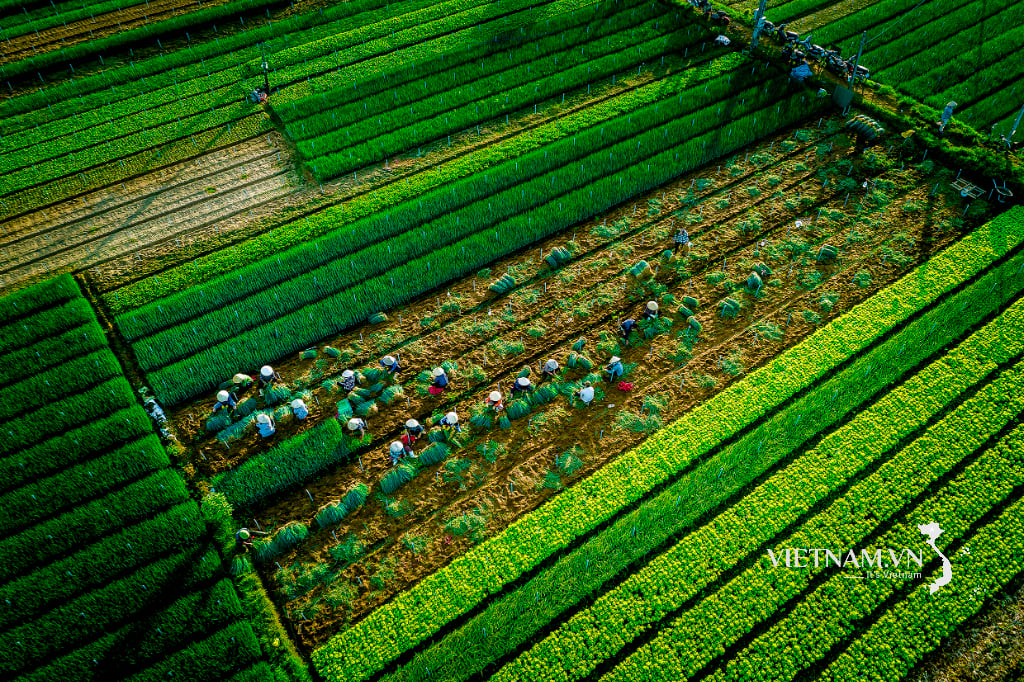
Comment (0)